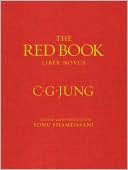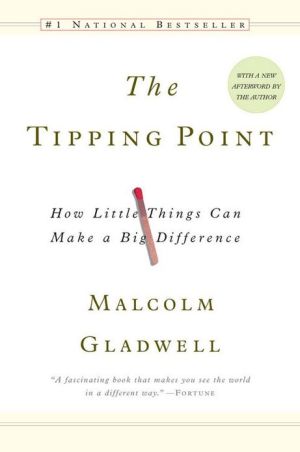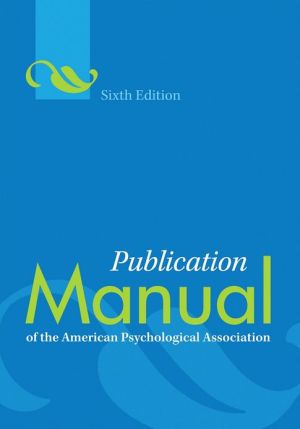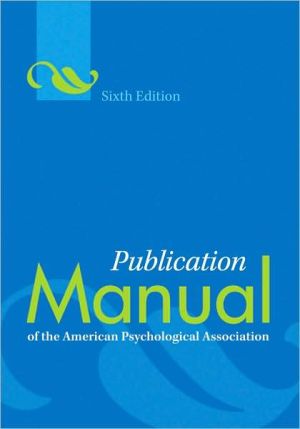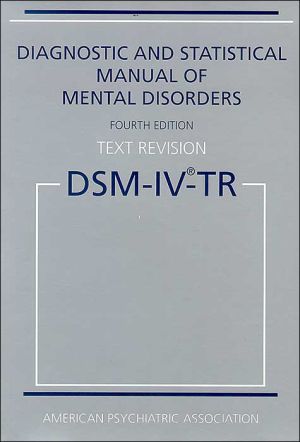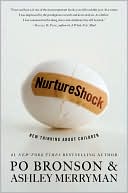An Introduction To The Psychology Of Dreaming
An introduction to the twentieth century's major psychological theories about dreams and dreaming, this work offers a detailed historical overview of how these theories have developed from 1900 to the present. To help readers understand the many different approaches modern psychologists have taken, the book examines each approach in terms of three basic questions: How are dreams formed? What functions do dreams serve? How can dreams be interpreted?
Search in google:
This text is a one-stop resource on modern dream psychology, from the pioneering theories of Sigmund Freud and Carl Jung to the revolutionary findings of the sleep laboratory. Booknews Bulkeley (Santa Clara U.), president of the Association for the Study of Dreams, presents 20th-century psychology's diverse theories regarding the formation, function, and interpretation of dreams: from the traditional Freudian, to the reverse-learning theory of Crick and Mitchison, which posits that dreamers should be glad they rarely remember their REM productionsas their function is to remove negative patterns of thought from the brain. Annotation c. by Book News, Inc., Portland, Or.
Acknowledgments1Three Basic Questions about Dreaming: Formation, Function, Interpretation12Sigmund Freud Discovers "The Secret of Dreams"133C.G. Jung Descends into the Collective Unconscious274Alternative Clinical Theories About Dreams395Sleep Laboratories, REM Sleep, and Dreaming516Experimental Psychology and Dreaming677Popular Psychology: Bringing Dreams to the Masses858Modern Psychology's Answers to the Three Basic Questions about Dreaming101Bibliography113Index127
\ BooknewsBulkeley (Santa Clara U.), president of the Association for the Study of Dreams, presents 20th-century psychology's diverse theories regarding the formation, function, and interpretation of dreams: from the traditional Freudian, to the reverse-learning theory of Crick and Mitchison, which posits that dreamers should be glad they rarely remember their REM productions<-->as their function is to remove negative patterns of thought from the brain. Annotation c. by Book News, Inc., Portland, Or.\ \

